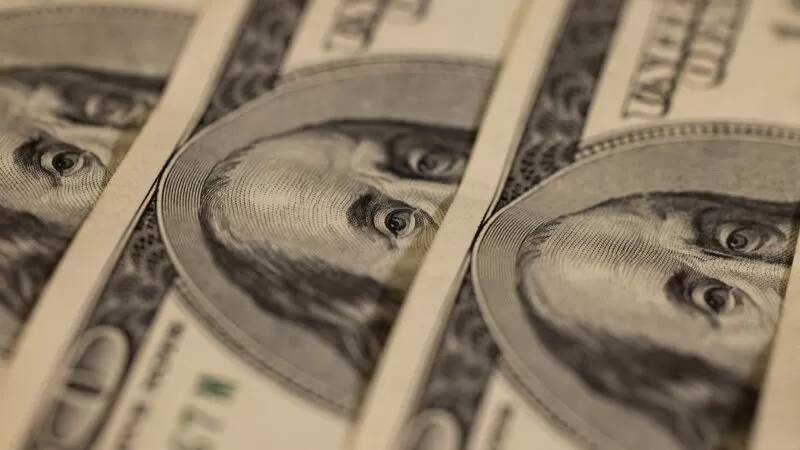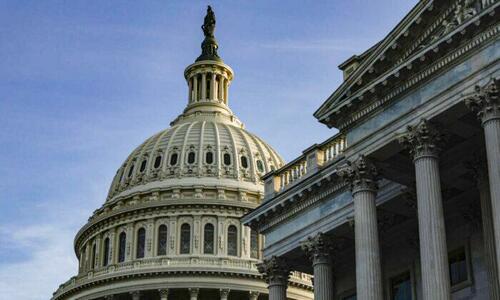GOP lawmakers want to rescind unspent pandemic relief funds and apply them towards an eventual bill to resolve the debt ceiling.
According to government estimates, $4.61 trillion has been authorized for Covid-19 relief, while $4.12 trillion of it has been spent - leaving roughly $500 billion in theoretically unspent funds, although a portion of that is currently "obligated" to certain pots of money and may not easily be returned to the US Treasury.
The idea "certainly could" be included in a debt ceiling measure to avert default, said Rep. Tom Cole (R-OK), chair of the Rules Committee.
"I would hope we look at that," he told NBC News. "It’s something that ought to be on the table."
Ways and Means Committee member Rep. Mike Kelly (R-PA), says he's open to it, adding that it would be "insane" for Congress not to explore every option to find and eliminate unnecessary spending.
"There’s areas that we should not be spending and where we could actually either reposition or just not spend it, and then bring down our debt," said Kelly, adding "We can make cuts that don’t hurt people." --->READ MORE HERE
 |
| Photo by engin akyurt on Unsplash |
Stimulus spending played a "sizable role" in driving inflation to 40-year highs in the wake of the COVID-19 pandemic.
"We find that excess inflation is significantly correlated to each country's own domestic stimulus and to various exposures of foreign stimulus," concluded a trio of economists at the St. Louis Federal Reserve in a report published last month. In the U.S., they found that "fiscal stimulus during the pandemic contributed to an increase in inflation of about 2.6 percentage points."
That's a significant increase, even if it doesn't account for the full run-up of inflation that took place during the past 18 months. Price increases accelerated in late 2021 and throughout 2022, ultimately peaking at an annualized rate of 9.1 percent in June.
In the report, the three economists note that governments around the world responded to the COVID-19 pandemic by injecting large amounts of money into the economy via various mechanisms.
"The large increase in demand triggered by the fiscal stimulus policy, together with the slow pace of adjustment in production, likely contributed to the current imbalance in the goods market," they wrote. The increase in demand as the world was still recovering from the blow that the pandemic dealt to production facilities and supply chains—and the disconnect between supply and demand—naturally forced prices to climb.
"Fiscal stimulus did not have any noticeable association with industrial production movements," the three economists explain. "By stimulating demand without boosting supply, our results suggest that fiscal support contributed to increased excess demand pressures." --->READ MORE HEREFollow links below to relevant/related stories and resources:
House Republican Introduces Bill to Ban Federal Funding for EcoHealth Alliance
NIH failed to track how China’s Wuhan virus lab was spending U.S. money
USA TODAY: Coronavirus Updates
WSJ: Coronavirus Live Updates
YAHOO NEWS: Coronavirus Live Updates
NEW YORK POST: Coronavirus The Latest
If you like what you see, please "Like" and/or Follow us on FACEBOOK here, GETTR here, and TWITTER here.


No comments:
Post a Comment